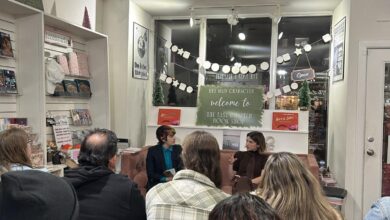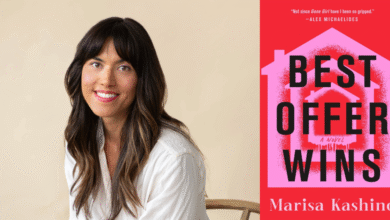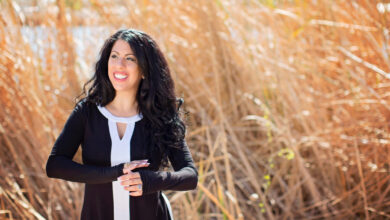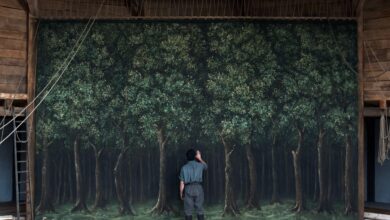Jessi Gold, author of How Do You Feel? – debutiful

In her debut memoir, How Do You Feel?: One Doctor’s Search for Humanity in Medicine, psychiatrist Jessi Gold reflects on her own struggles and those of her healthcare worker patients. She explores burnout, perfectionism, and the emotional toll of the profession while highlighting the importance of self-care.
We asked the author to answer our recurring questionnaire so readers could get to know her better and discover book recommendations.
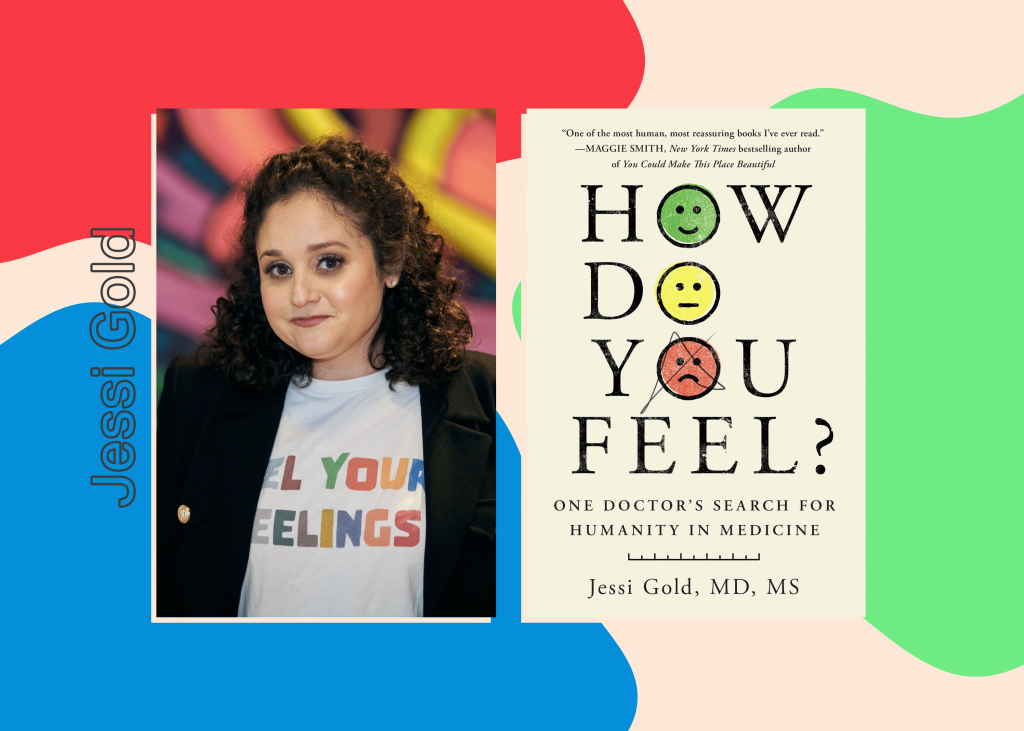
Is there a book or series that, when you think back, helped define your childhood?
I loved reading at a really young age and that is part of what prompted my parents to start me in school early (THANKS, books!). When I think of books I read over and over again, I liked Shel Silverstein, especially The Giving Tree, and anything by Roald Dahl. I also loved the book The Last of the Really Great Whangdoodles by, as she is now known, Dame Julie Andrews. I remember in third grade running back inside after recess to get to hear our teacher read the next chapter and … then repeating that enthusiasm every day, until we finished it.
Would you want any children in your life (yours or relatives’) to read those too? Or, what’s your philosophy on what children read?
Every book I read and loved I would still recommend (and do!), as I love seeing how different friend’s kids, or my nieces and nephews, relate to the content from their own experiences. Looking back, books like The Giving Tree, which I write about in my own book, HOW DO YOU FEEL?, definitely mean different things to me now—like the selflessness actually should have had a limit—but they are still great books for kids that inspire laughter and thought. They can make those hard emotional learning conversations a little easier, too, as you can openly have them based on stories told in books. I’ve taken to getting my friends’ kids what I call a “feelings library” of books as their presents with the hope it might teach their kids to be OK with big feelings (something we all need to learn young.) Pout Pout Fish is one good one, and The Rabbit Listened another.
I discovered some of my favorite writers in high school. What writers did you discover then? Either ones that were assigned for class or ones you found on your own.
As I was getting into High School, I was obsessed with the Fearless series. I loved the science of someone being born without the fear gene (not shocking given my eventual path into medicine) and was reading those in parallel with the Harry Potter series. I was the age where there were very long lines and too much waiting in between them, but I devoured them when they were out.
Of the readings we had to do in high school, I loved Catcher in the Rye from the jump. I also was a big fan of the Brontës and Jane Austen, as well as all plays by Tennessee Williams. I wrote my high school honors English thesis on Tess of The D’urbervilles and Jane Eyre—a budding fan of women writers and feminist themes even then. I also found my love of books by female comedians at that time, and those always balanced the serious books we had to read for school, or topics I might usually be drawn to as academic interests.
Are there any books that you read while writing your debut that helped shape the direction you took your own book?
I really tried not to model my book off of any other authors, so during the process I avoided similar books to the one I was writing. I also was advised by my therapist to stop reading books about mental health or advocacy when my whole life is mental health and advocacy, and so I took a content pause and moved towards all things Taylor Jenkins Reid instead. That was worth it because I love her.
Still, because healthcare as a field was always a plan, I read books by physician authors—or really inhaled them and they influenced not just my job direction, but my writing as well. Oliver Sacks and Atul Gawande were high up on my regular reading list, confirming to me an interest in science and medicine, and at the same time, writing and storytelling. As I became interested in psychiatry, mental health books came into the picture and Brain on Fire, for example, fascinated me about the biologic interplay with mental health; What Made Maddy Run energized me to make a difference in a population I cared deeply about; and The Center Cannot Hold normalized the struggles my patients were experiencing and gave me (and them!) hope. Finally, Kay Redfield Jamison has been a role model to me as someone who has broken barriers as a therapist by talking about her own mental illness. She showed me we didn’t have to be a blank slate and inspired me to tell my own story – vulnerability, after all, breeds vulnerability.
What is a book you’ve read that you thought, Damn, I wish that was mine?
The Giver is one of the best books I’ve ever read.
What have you been reading lately that you can recommend to Debutiful readers?
Your readers will probably hate that I read multiple books at the same time and (sometimes) don’t finish them all. But currently reading: James: A Novel (recommended to me by my neighborhood book club) and The Women. I’ve also had a few friends become debut authors this year (Uche Blackstock, Jack Turban, Pooja Lakshmin, Stephanie Harrison, Bapu Jena, Resa Lewis to name a few) and their books are all on my list!
And, finally, I have to ask… I’m sorry. What’s next? But wait! Only use three words.
A Good Vacation.
Source link

